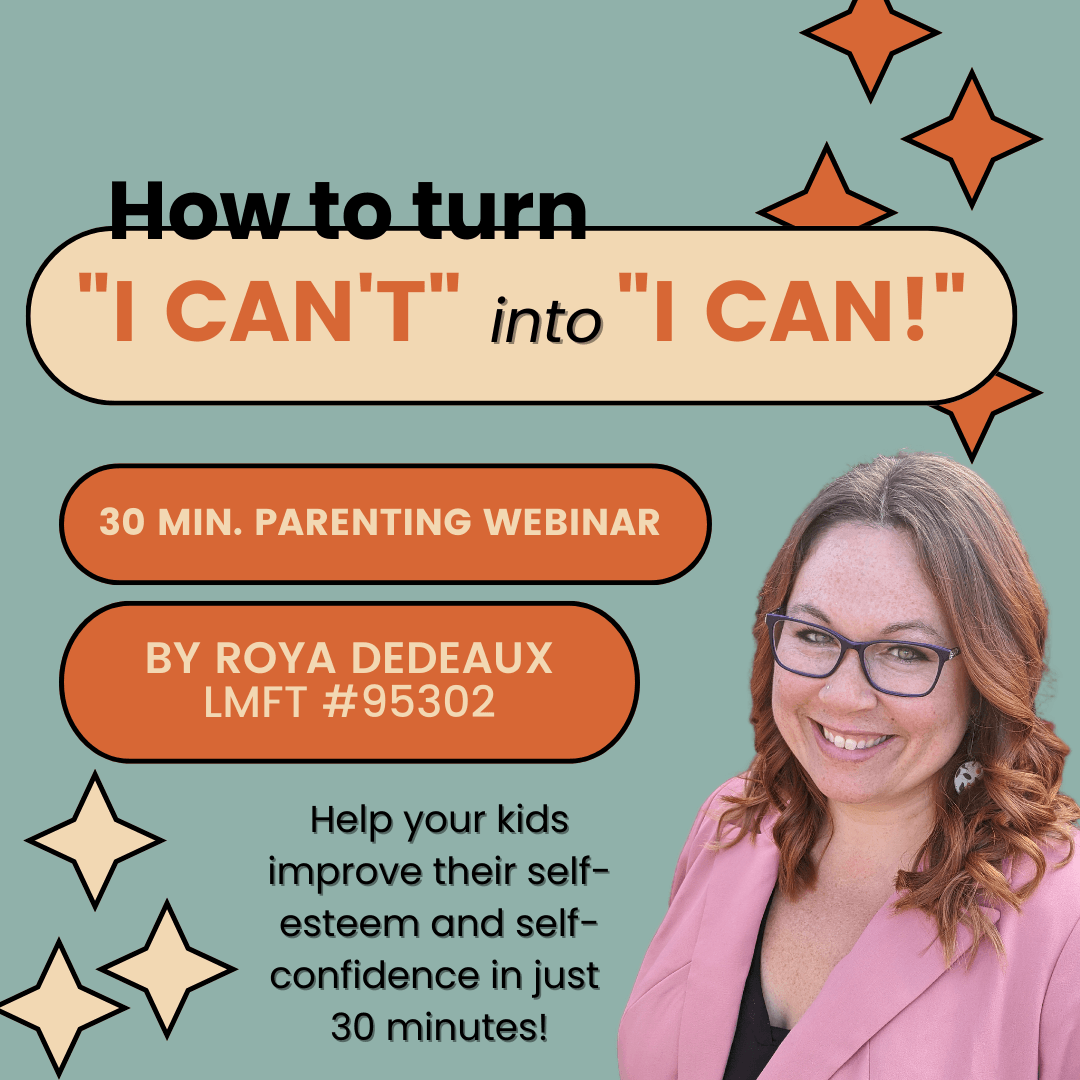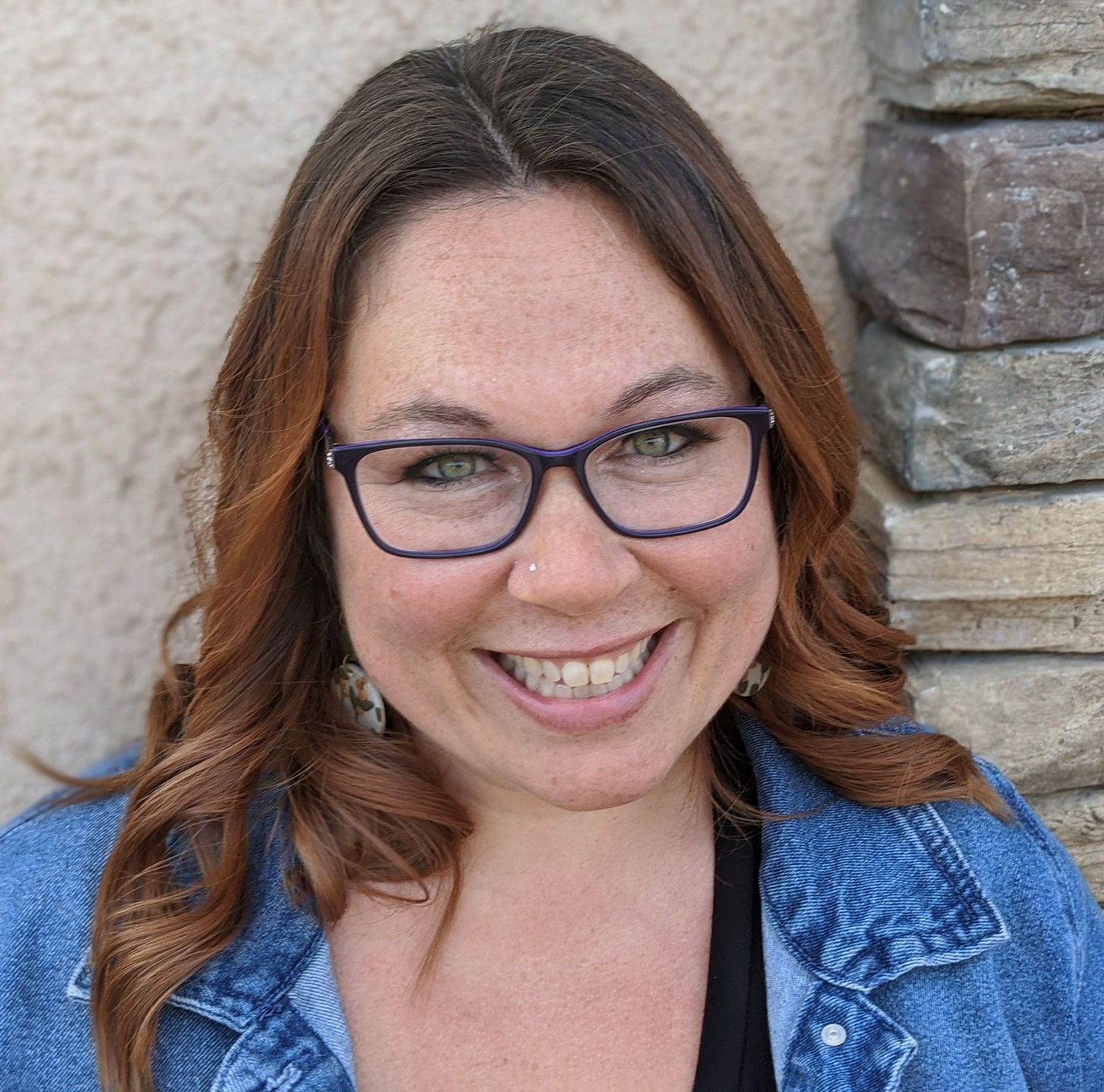Helping Kids Overcome Challenges: Tips for Building Self-Efficacy
"I can't" might be one of the most triggering sentences for any parent.
Two. Why does self-efficacy matter?
Children and adolescents who have high self-efficacy tend to be more confident and motivated in their endeavors, and are more likely to persevere when faced with challenges. Think about it. If you consistently face something hard, think, "I can do it" and then live to tell the tale -- you're able to build success on top of success, scaffolding your way to bigger goals. If, however, the voice says "no way you can do this" and you listen -- you'll never be able to prove it wrong, and it turns into a self-fulfilling prophecy.
Three. Where do we get self-efficacy?
Self-efficacy can be influenced by a number of factors, including past experiences, social support, and personal characteristics. Sure, the circumstances we are born into matter. However - our brains are amazing, stretchy goodness. You can actually build belief in your self-efficacy in fun and interesting ways (like video games! Arts and crafts! Sports!) that will generalize to more serious moments. This is great news for parents (and therapists!)
Four. What can a parent do to help?
Parents can help children and adolescents develop self-efficacy by providing encouragement and support, setting achievable goals, and helping them to develop skills and strategies for tackling challenges. But let me tell you - your kids are smart. They are going to sniff out fake and arbitrary situations and the lesson won't land. The BEST way to support them is to encourage them to hone their interests. If they develop any kind of expertise in something THEY love, it will come with challenges and opportunities for self-efficacy.
Five. What if that's hard??
Turn "I can't" into "I can" my fine-feathered friend. Check out my parenting webinar that will give you practical, solution-focused ideas to help you help your kids and teens hone their self-efficacy.
Teaching children and adolescents about self-efficacy can help them to develop a growth mindset and build resilience, which can be important for their overall well-being and success in life. The best way to do that is through their choice of play, leisure, and recreation. The best way I can support you with that is through this webinar.
Self-efficacy is an important concept for children and adolescents to understand, as it plays a role in their development and well-being. It's an area that parents can really help or hinder - but it's always hard to know how much to push your kid when they say "I can't" and how much to honor their hesitation.
Personally, I find the idea of "self efficacy" to be a really fascinating one - what determines if we feel like we can take on a challenge? Is it temperament? Are we just born with confidence or not? Is it something we can learn? And how does that impact our worth and esteem in the long run?
Here are five points to consider when discussing self-efficacy with kids:
One. What is self-efficacy anyway??
Self-efficacy is the belief in one's own ability to complete tasks and achieve goals. Basically - it's the belief you have when you're looking at the mountain you're about to snowboad down that says, "yup, you've got this." It's the voice that says, when you are heading into an anxiety-producing doctor's visit, "you can handle this." It's the sense of "I can" in any given situation.
Roya Dedeaux is a Licensed Marriage and Family Therapist with a focus on using creative tools like art, writing, and recreation as a way to help teens and their families who don't quite fit the mold.
Roya’s first book, Connect with Courage: practical ways to release fear and find joy in the places your kids take you is the result of her background in Recreation and Leisure Studies and Marriage and Family Therapy and is the base of her Connect with Courage Parenting Course.
She loves running her private practice, creating art prompts for her
two online art groups, and running games and challenges in the
free Recreate Parenting Facebook community! When she's not doing that, she loves to make messes with her three wild & wonderful kids where they live and play hard in Southern California.







